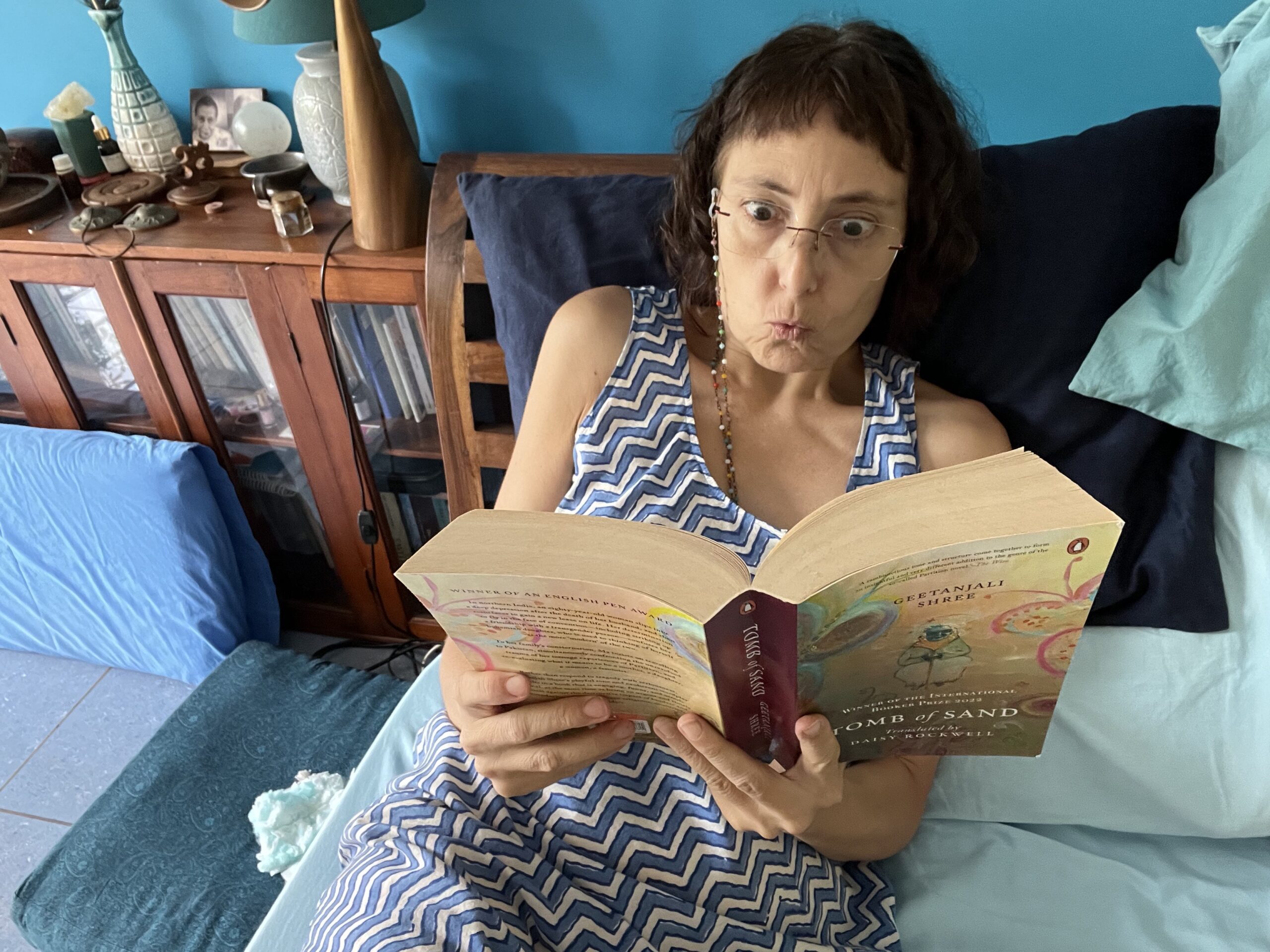Doubt is a natural part of the creative process when it comes to writing. It’s common for writers to experience doubt at some point during their work, whether it’s doubt about their ability to write effectively, doubt about the direction of their story or doubt about the quality of their work.
Writing with doubts can be challenging, but it’s important to remember that doubt is a normal part of the creative process. In fact, many writers find that embracing their doubts and working through them can lead to stronger writing.
These doubts can take many forms, such as questioning the quality of their writing, the relevance of their ideas, or even their ability to tell a story.
Let’s see how doubts can influence our writing creative flow:
As anybody knows, doubts can lead to the well famous writer’s block, a state in which writers feel unable to produce any new writing. This can be frustrating and can further fuel doubts about their ability to write.
Doubts can also lead to excessive self-criticism, where writers may focus on their perceived weaknesses rather than their strengths. This can make it difficult to see the value in their work and can lead to a loss of confidence.
But there are also cases in which doubts can be an opportunity for writers to revisit their work and revise it. By identifying the areas where they feel unsure or uncertain, writers can make changes that improve the quality and clarity of their writing.
Ultimately, doubts are a normal part of the creative process and can be a sign that writers are pushing themselves to do their best work. By acknowledging their doubts and taking proactive steps to address them, writers can move forward with greater clarity and confidence in their writing.
Therefore doubts in writing are not meant to be exclusively a problem. They bring within themselves the solution and create a chance for improvement.
Said that, now we only need to clarify what a writer should do to overcome his doubts on what he’s writing. Here are some strategies that writers can use to overcome doubts about their writing:
- Take a break: Sometimes, stepping away from your writing for a little while can help you gain fresh perspective and come back to it with renewed energy and focus.
- Identify the source of your doubts: Are you questioning the quality of your writing, the relevance of your ideas, or something else? Understanding the source of your doubts can help you address them more effectively.
- Seek feedback: Sharing your writing with trusted readers or a writing group can help you gain valuable feedback and constructive criticism that can help you improve your work and gain more confidence in your writing.
- Practice self-compassion: Remember that doubts are a normal part of the creative process and that it’s okay to make mistakes or experience setbacks. Practice self-compassion and give yourself permission to be imperfect.
- Reframe your thinking: Instead of focusing on your perceived weaknesses, try reframing your thinking to focus on your strengths and what you’re doing well in your writing.
- Set realistic expectations: Sometimes, doubts can stem from unrealistic expectations about your writing or yourself as a writer. Set realistic goals and expectations for yourself and your writing, and remember that writing is a process that takes time and practice.
- Remember why you’re writing: Finally, try to reconnect with the passion and purpose that inspired you to start writing in the first place. Remembering why you’re writing and what you hope to achieve through your writing can help you overcome doubts and stay motivated.
See? There is n o reason to feel down or disappointed when overwhelmed with doubts, the Intrepid Writers will always find a way to transform them in very good allies of their progresses!





